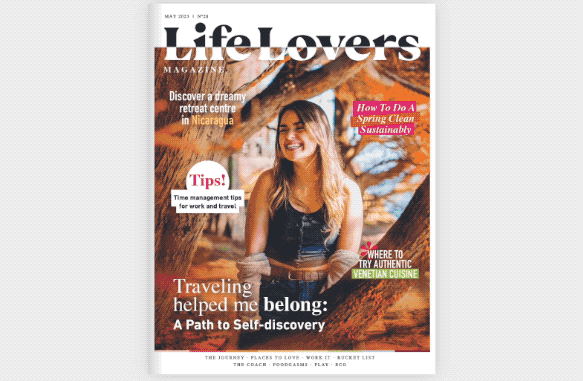How to write a CV that will get you interviews
- Ellie Rich-Poole

- Jun 22, 2022
- 3 min read
Writing your own CV can be hard. Let’s be honest, not many of us find it easy talking about ourselves and our achievements. It can then feel harder still if you don’t have a neat ‘traditional’ career path. But do you know what, you are probably far more interesting as a result and you just need to get clear on your story and your strengths and own it!

Here are some tips as a starting point:
Get a suitable structure
Research what is most common in your industry and country and follow that. For professional roles in the corporate world, I recommend these sections on your CV:
Name
Personal statement – a short summary of your key strengths and what sets you apart
Career history – the main part of the CV which should list each role you have done, with dates and the things you have achieved in the role. It shouldn’t read like a job description. Write in the past tense and use bullet points. Focus on things you have personally delivered, that are complete and have a clear outcome
Qualifications – focus on what is relevant for the role
Other information – include the languages you speak, voluntary work, passion projects
Location and contact details – even if you are flexible to relocate, be clear on where you are currently based. Make sure you use an appropriate e mail address. If you are applying to a formal firm, now is not the time to be dirtydave@hotmail.com
Write like you would speak
Avoid ‘competency’ buzz-words and describe yourself as you would speak in real life. Imagine you are at a networking event and someone asks what you do – this would be similar. Don’t talk about yourself in the third person.
Write for your audience
Consider who is most likely to be reading your CV and what is important to them. Write it with them in mind. If you choose to tailor your CV for a specific role, ensure you select achievements that showcase what they are looking for. Align your language to that used in the advert.

Make it interesting
Even in the most sensible corporate settings, interesting things happen. If you worked on a brand that had a memorable campaign or advert, if you went on TV, if you won an award – mention it. Interesting CVs lead to interesting conversations at interviews and ultimately help build rapport and make you memorable. As long as you are professional, it is OK to inject some life into it.
Make sure your CV represents YOU
It’s important that it sets you apart from someone else doing the same job. Get some of your personality and style across. Instead of using generic adjectives like hard working, accomplished, experienced, think about how your colleagues would describe you and weave in some of these words. If you don’t know how they would describe you – ask them.
Less is more
Two to three pages would be my recommendation if you have a few years’ career experience. If you are earlier in your career, two pages is enough. Keep sentences short and to the point. Don’t waffle. The aim is to distill the best of what you have done, and make them want to meet you. The interviewer can probe for further information during the interview if they need it.
Beware of auto screening
Some companies upload your CV to their Applicant Tracking System (ATS) and in some cases your CV may have to meet certain criteria to pass an initial screen. Unless you have been advised otherwise, use Word format with one clear font, avoid graphics such as logos, tables and columns. Ensure you include relevant key words which you can match to the advert text if you are applying online.

Get feedback
When you have drafted your CV, ask for feedback from someone who knows you in a work setting. People often forget some of the best things they have delivered. Also ask someone to proof-read it for you and flag any typos or errors you have missed. If you don’t have great attention to detail ask someone who does and make sure font styles and sizes are consistent and it is a professionally produced piece of work that does you justice.
Own your path!
Tell your story. Be loud and proud. Make your journey your unique selling point and don’t hide from it. Focus on your strengths, your adaptability, your ability to learn and your bravery. Talk about the threads that link your different experiences and what you have to offer.
I wish you success and happiness.







